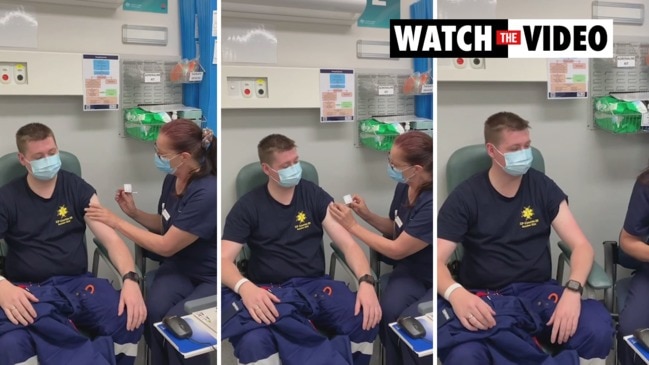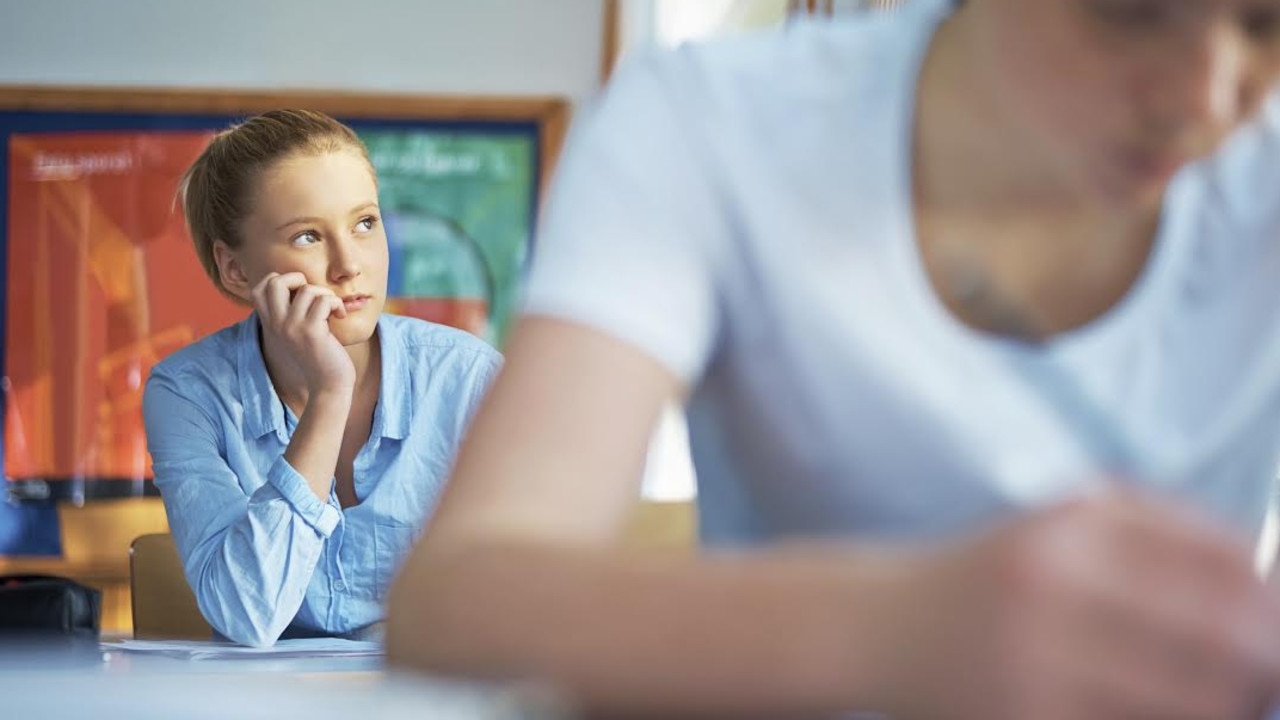Susie O’Brien: No doubt about it, trust science and get the jab
With the vaccine rollout starting this week, people must overcome their unfounded fears and put the health of the public first.

Susie O'Brien
Don't miss out on the headlines from Susie O'Brien. Followed categories will be added to My News.
Australians should put their faith in our country’s best doctors and scientists and get the COVID jab as soon as they have the chance.
We must tune out the crazy anti-vaxxers and well-meaning but misinformed friends swapping concerns about serious side-effects that don’t exist.
Instead, we should listen to experts like Laureate Professor Peter Doherty who says both the Pfizer and AstraZeneca doses are “safe as any vaccine out there”.
“In electing to be vaccinated, we fulfil a dual, and very basic responsibility to ourselves, our close associates and family, and to the community at large,” he says.
If you’re one of those who are a little unsure or concerned, bear this in mind. More than 100 million doses of the vaccine have been administered overseas safely without lasting or serious side-effects.
The vaccine has been tested on tens of thousands of people and has gone through the most rigorous safety approval process.

One study of 40,000 vaccinated health workers found one in three people reported only minor side effects. None was serious and most lasted on a day or two. They included soreness at the site of the infection, mild fever, chills, headache, fatigue and sore muscles.
Doctors say these effects are part of our immune system’s reaction to the vaccine and a sign it is working. Only one in seven people had one of these side effects a week later.
Please remember the anti-vaxxers are not scientists or medical experts, but a rag tag mob of discredited celebrities and professional agitators.
But their influence means they cannot be dismissed as irrelevant at a time like this.
It’s a concern social media sites like Facebook are willing to block out real news about the vaccine’s importance but allow anti-vaxxers and their 50 million global followers free reign to spread their misinformation. We’re not going to change the mind of this rabid bunch, but we should minimise their impact and shut down their communication channels.
More important is the bigger group of vaccine-hesitant individuals who want to do the right thing, but are worried. “I am not an anti-vaxxer, but how do we know it’s safe?” they are saying to each other.
Some people believe they will be little more than “guinea pigs” given the newness of the vaccine, while others think the vaccine could give them the virus or alter their DNA.
It’s alarming that vaccine refusal rates have been increasing, with one in five Australians now hesitant compared to just 12 per cent back in August last year.
The biggest single change was the 19.7 per cent of Australians who went from being “definitely willing’’ to get a COVID vaccine to “probably willing’’ to get one.
The ANU study showed those more hesitant to be vaccinated are women, those who have not completed year 12, Indigenous Australians and those who speak a language other than English at home.
More should have been done by the federal government to avoid this situation and allay the fears of this well-meaning but concerned group. They’re not marching in the streets, but chatting in coffee shops, pubs and dining rooms to friends and family members.
Prime Minister Scott Morrison was one of the first to get his vaccination, but his government should do more to educate people about the safety of the vaccination and force them to get the jab.

What is needed is an opt-out rather than opt-in scheme that forces people to confront their fears and seek expert advice rather than rely on dinner-table chatter. People should need to provide a doctor’s certificate to excuse them from getting vaccinated.
Vague and unfounded concerns about non-existent and unproven side-effects should not be enough at a time like this.
A number of medical exemptions is needed because a small percentage of people may have sound medical reasons for not getting vaccinated — not enough research has been done on pregnant women, for example. There is also a tiny group of people with life-threatening allergies who will want to closely examine the ingredients of the vaccine before taking it.
If you’re one of those who are worried, take your concerns to your GP or pharmacist or local nurse. It’s legitimate to ask questions but seek answers from health professionals, not uninformed friends.
If you’re in a high-risk category, it’s likely the vaccine could save your life, and protect the lives of your loved ones.
With the vaccine rollout starting this week, people must overcome their unfounded fears and put the health of the public first.
Susie O’Brien is a Herald Sun columnist



